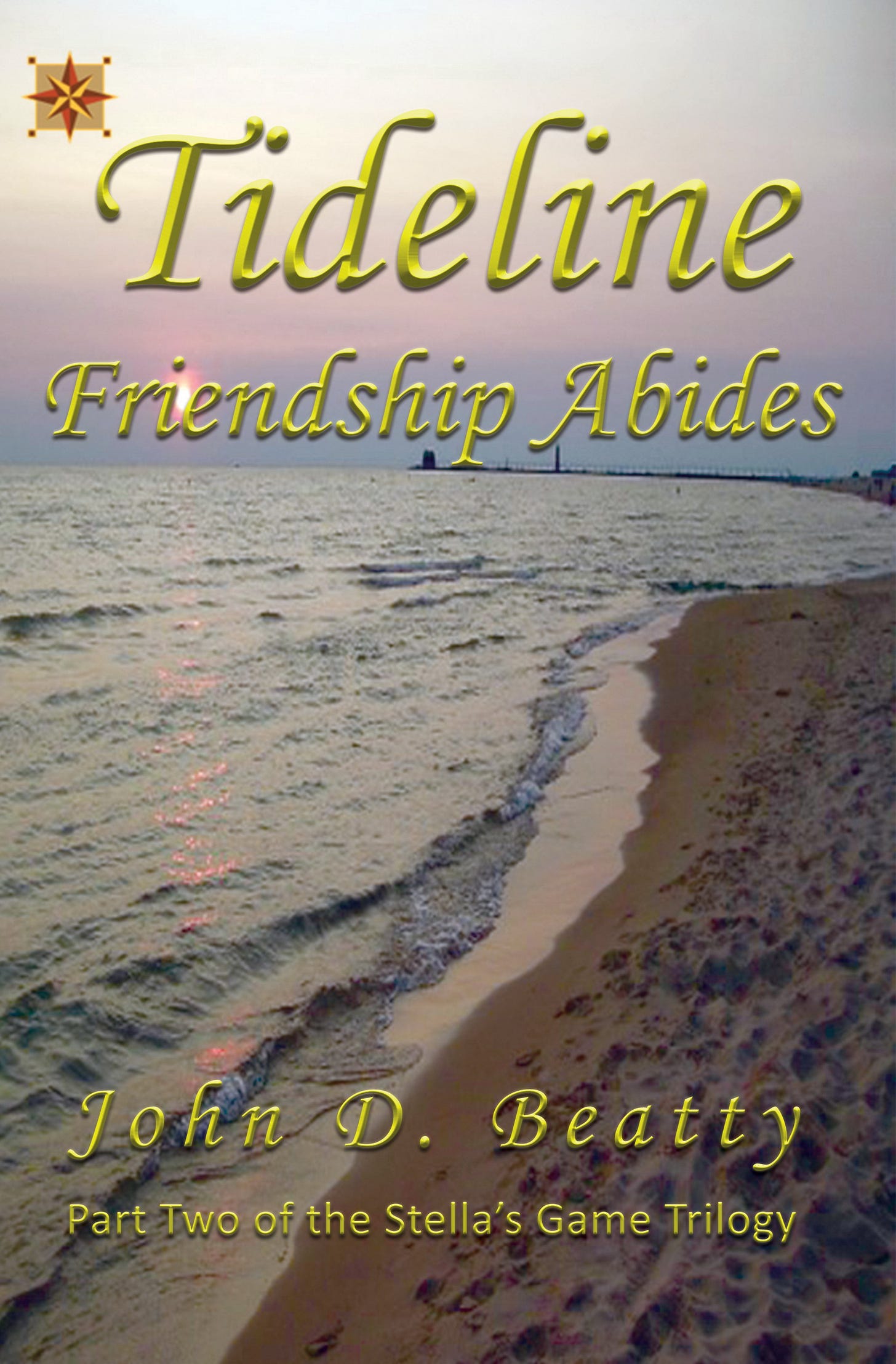When History Is Personal, Can It Be "Objective?"
Ho-boy...
So it looks like the Russians are pulling back in parts of Ukraine…but we all know they can’t. To military intelligence analysts, that could mean one thing…and it ain’t good.
As I’ve said before, the best histories are written after the last participant is dead. That does not necessarily mean that the others are useless…just examples of a work in progress.
The story of the past IS a work in progress. we can never really know for certain what happened, and letters, memoirs, and other contemporary records of a given event or period cannot be absolutely trusted. Many readers remember when Neil Armstrong stepped off the lunar lander that hot night in July of ‘69, saying:
One small step for…man; one giant leap for mankind.
Neil Armstrong
We remember the event; we remember the static between “for” and “man,” Most of the world heard it. But, did Armstrong say “a man” during that static burst, or just “man?” Before his death, Armstrong himself couldn’t remember. Some of the most sophisticated audio analyses in the world can’t tell us.
The one phrase that a majority of mankind heard on one of the momentous days in recorded history…but did we hear it “right?”
This is why “personal history” is so touchy: it’s ultimately unreliable. We can’t “know the truth” of the past even if we witnessed it. In this particular case, though, the truth is not that important, any more than we have to know what brand of golf ball Alan Shepard used on Apollo XIV. It’s nice to know, but it’s trivial. The important bits are the bigger-picture bits like that man really did go to the Moon.
While personal recollections are nice they are neither definitive nor necessarily absolutely true. It appears as if about half of all wrongful convictions in the US have been attributed to erroneous “eyewitness” testimony. Extend that across 10,000 years of recorded history and you come up with a whole lot of issues.
Memoirs are written for money, not history.
Much of our history is based on “eyewitness” accounts based on what participants wrote about decades after the events they describe. Omar Bradly, a US Army general in WWII, wrote two memoirs before he passed. Trouble is, they don’t agree with each other. Thucydides famously wrote about the Peloponnesian War—one of few who did. And that sparsity is another issue. Lincoln’s Gettysburg Address was delivered in about five minutes. Most versions of it are based on what three correspondents put their heads together and agreed on—there were no transcripts in those days, and Lincoln didn’t write it out.
Of all these, we can and often are too personally invested in the past to be really “objective,” let alone correct. Letters are fashionable research tools, with some speakers even claiming that the letters my ancestor wrote were “theirs,” not mine. Arrogant, but also pointless When soldiers write letters to the folks at home, do they tell them about how their buddies died because somebody ordered a stupid mission? No: they write about how safe they are.
Letters are written to reassure, not inform.
Diaries are also somewhat trendy, but they have some of the same issues. Diarists since Samuel Pepys have been sought after as authentic sources of historical truth, but once again, diaries aren’t that reliable. Diaries are technically illegal in the US military for security reasons but at the same time, those who keep illicit diaries don’t put much sensitive information in them. History isn’t why they’re written.
Diaries are letters to future selves.
So if memoirs, diaries, and even letters are unreliable as future sources for historians, what’s a participant to do? Ultimately, not a lot. Someone might find your sources or even your interviews to be useful, but everything must/should be corroborated. It’s unlikely that two or more eyewitnesses are going to see the same thing the wrong way, even if much of humanity may not have heard Armstrong correctly in ‘69.
What do YOU think? Are we too deeply invested in our own perceptions to be objective sources for our own history?
Tideline: Friendship Abides
Part Two of the Stella’s Game Trilogy picks up where Part One left off. The four friends have grown into adulthood, finding that their lives change more suddenly and permanently. They’ve scattered from Korea to Georgia, and keep up correspondence and visits as they can.

But life as a grownup has its rewards, and as time passes in dusty barracks and airports, motel rooms and foxholes, the friendships they forged as children sustain them. And they are certainly not objective about their shared past.
Tideline: Friendship Abides is available in paperback and e-book at a bookseller near you.
If you’ve read this far, that one thing that a Russian military pullback without some face-saving diplomatic settlement in Ukraine could mean is that they’re getting ready to deploy WMDs. As this is written a month ago…yes or no? If you’re reading this, we’re still here, but are we all still here?
Coming up…
Is There A Way To KNOW That This History Is Right?
Who Put The Bop In The Bop Shoo Bop Shoo Bop?
And Finally…
On 7 May…
1914, the US Congress established Mother’s Day as the first Sunday in May. It has been celebrated for decades before, but the government wanted to get into the act…as always. And a Happy Mother’s Day tomorrow to all those mothers out there.
1942, Johnathan Wainwright surrendered all American troops in the Philippines. Ironically…
1945, Germany officially surrendered. Turnabout is fair play, after all.
And 7 May is NATIONAL PACKAGING DESIGN DAY. Happy day, Steve.

